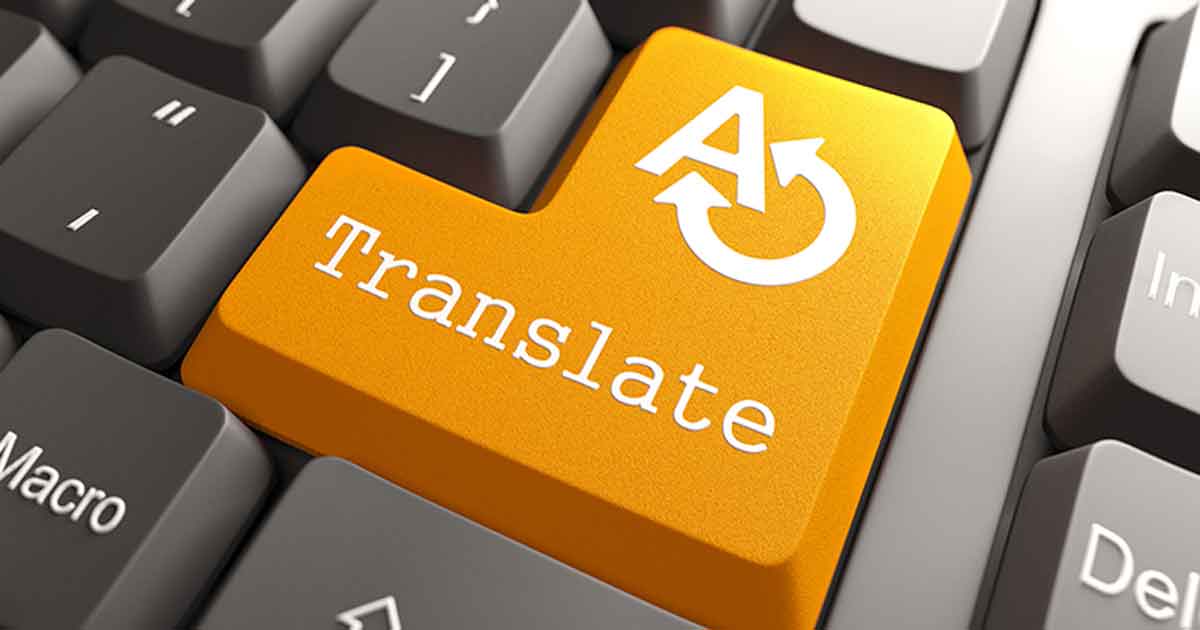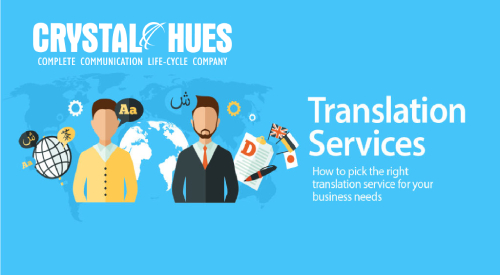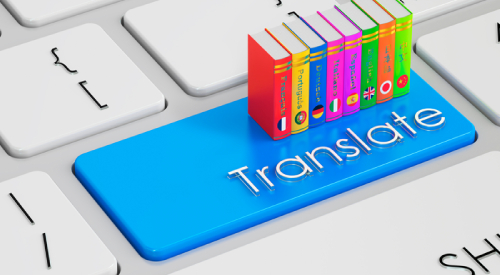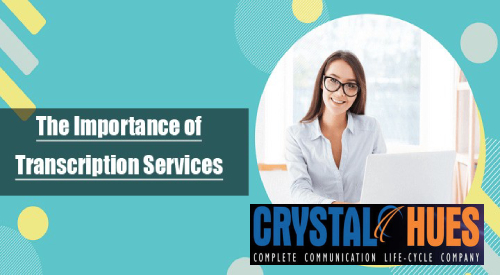
How Does Google Classify Content Translation?
Google has a strong penalty system for duplicated content. Sites which has duplicate content are ranked lower. Google prefers content that adds value to a viewer. Then we must ponder whether a translated text is considered a duplicate by Google? And how exactly does Google classify content translation?
As businesses are expanding to newer markets, they prefer content translation. It is to cut down their costs or to implement an already successful content strategy. Later, they use the local language SEO strategies to boost the site rankings.
With the ever-evolving Google algorithms, the threat of classifying a translated text as duplicate persists. But will google always classify a translated text as duplicate? The answer is no.
The Nature of Translated Content
Google’s algorithms are powerful enough to pick automatically translated content. Such content will possibly rank lower. But, if you have the content translated from professional translators nature of the text changes.
Professional translators, while translating from the source language to the target language, change the text. They tweak the text, modify the tone, add new interpretations, and do more. Effectively, they make the text original enough for Google to rank it higher.
Further, adding appropriate target language keywords to the text will boost your rankings. Of course, researching non-native language keywords with proper reach is a bit tricker, but not impossible. Also, include long-tail keywords in the text for better results. Thus, it is better to let a translator review the text before publishing.
Here is a list of how google classifies translated content.
1. Automated Translation - Duplicate
Google is very vocal about the automatically translated content. It penalizes pages that have such content. Businesses that spin content and expect their pages to rank higher will thus see failure.
Not just that. Machine translation is still evolving and is ripe with errors. Would you expect yourself to visit a site that has plenty of language errors? Of course, you wouldn’t. Thus, while providing non-native content, always take the help of professional translators.
2. Word-to-Word Translation - Duplicate
The word-to-word translations are a big put-off for Google. Instead, localize the text according to the customs and values of the locale. It brings originality to the text. Both the users in the target region and Google will love it. You can employ a specialized company for the purpose.
3. Copied Content - Duplicate
Copied content is a big no-no for Google. For example, you may have websites operating in both US and UK. As English is the native language in both countries, you might want to copy the content from one website to another. Then, Google will find it difficult to differentiate between both sites.
We thus recommend localizing the content. Any good translation agency in India will help you with localization.
4. Human Translated Content - Original
Google ranks human translated content higher. Human translators understand the nuances and translate the text accordingly. While keeping the intent intact, they bring originality to the text in the target language.
Want To Hire A Translator?
After reading this, you must have found that you need a professional translator for your expanding business. Crystal Hues is here to help.
We are a professional translation agency in India with over 30 years of experience in the translation industry. We offer document translation services, website translation, localization services, and other language services.
If you are interested, contact us to know more about our service offerings.



